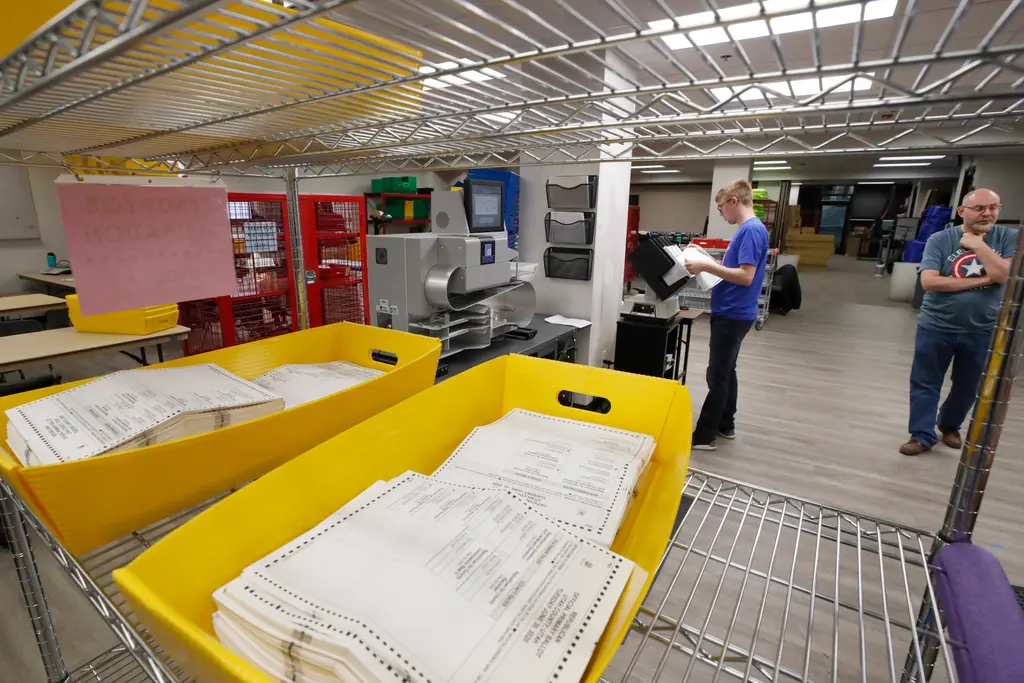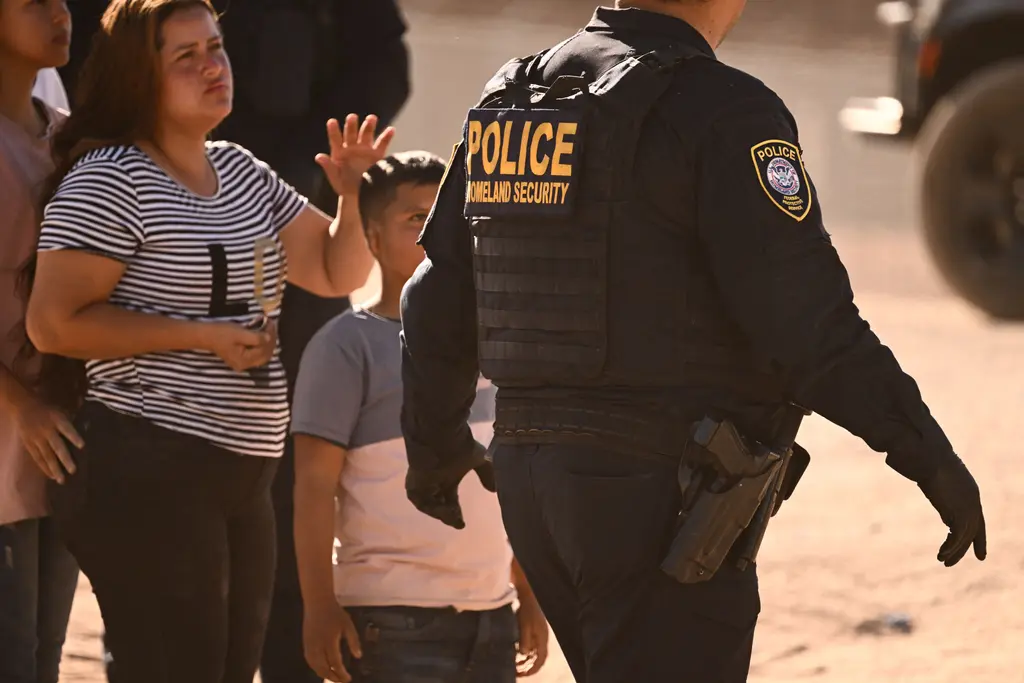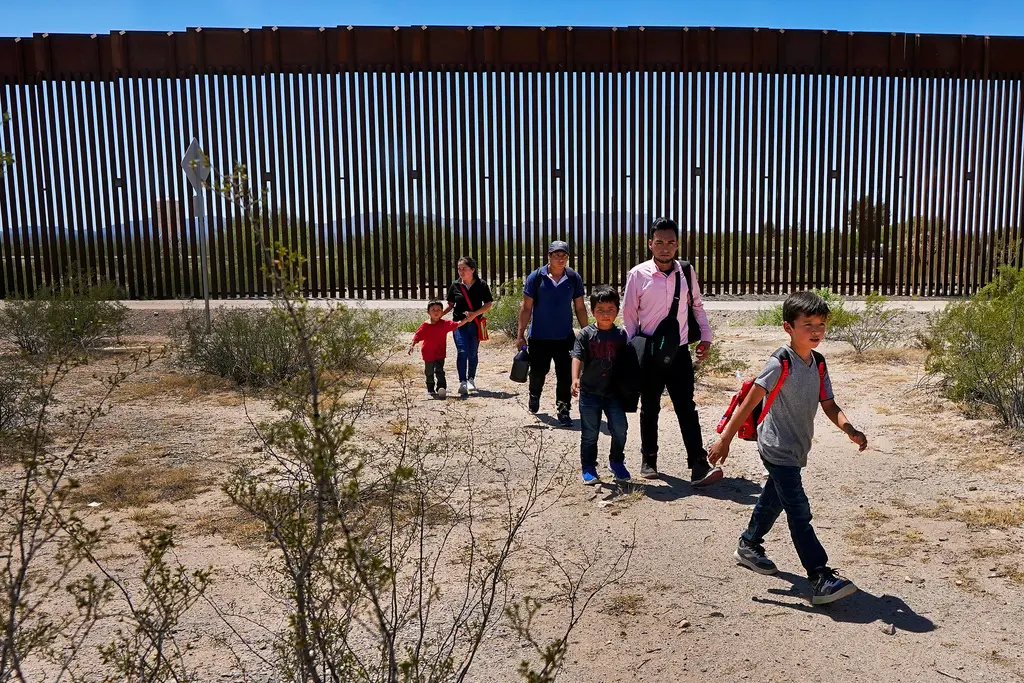The dictator who believes in God

For dictator Daniel Ortega, responsible for hundreds of dead and brutal repression in Nicaragua, it's never been difficult to talk about his religious faith.
“Do you believe in God?” I asked him during an interview in 2006, when he was a presidential candidate. “Yes of course,” he answered. “Christ is a source of inspiration for me. I consider him a rebel, a revolutionary.”
“Do you take communion? Do you go to mass?” I insisted. “That's right,” he told me. “I've always taken communion. In the 1980s, in the middle of the war, when fellow fighters fell in combat, I would go to mass and take communion.”
That was in March of 2006, a couple of months after Ortega had married his now Vice President Rosario Murillo. “My mother always insisted I marry,” he said. “I was born Catholic. I have always been Catholic.”
At the time, many people were suspicious of his approaches to the Catholic Church, and especially Cardinal Miguel Obando y Bravo. They told me Ortega was just trying to get votes. True or not, he won the elections in November of 2006. The Carter Center described the elections as “acceptable,” within international standards.
That was the last time.
Since then, Ortega has bent laws and the constitution to his will, engaged in electoral fraud, repressed opponents, silenced journalists, jailed politicians, business people and presidential candidates, seized almost all power and bolted himself to the presidential throne. And now that he doesn't need the Catholic Church to win votes, he's attacked its principal leaders.
On August 19, police entered the diocese of Matagalpa and arrested Bishop Rolando Álvarez, one of the most defiant critics of the dictatorship. Since then, Álvarez has been under house arrest, without communications to the outside world. He's accused of “destabilizing the Nicaraguan state and attacking constitutional authorities” – charges that he denies.
Ortega's attacks on the Catholic Church go far beyond the arrest of Bishop Álvarez. The BBC reported that in the last 18 months, the government has jailed seven priests, closed Catholic radio stations and expelled 18 nuns as well as the Papal Nuncio, the Vatican's ambassador to Nicaragua.
“The church is the last frontier,” Anibal Toruño, the owner of Radio Darío, told me in an interview. The station was shut down by the government recently, after 73 years of broadcasting. “He wants silence, the total control of Nicaragua … Daniel Ortega and Rosario Murillo are bulldozing Nicaragua. Think of it as a jungle they have totally and completely bulldozed.”
The Catholic Church and other organizations have denounced the many deaths and extrajudicial executions during pro-democracy protests in 2018. At least 355 people died under the government repression, according to the Inter-American Commission on Human Rights. And the murders took place “with the knowledge of the highest authorities,” including Daniel Ortega, according to a report by Amnesty International.
It is unnecessary and inappropriate to question Daniel Ortega's Catholic faith. That's an entirely personal matter. But when he's alone, at night, how does he justify his crimes? The murders, tortures and grave violations of human rights committed by his government run against any sort of religion. And his recent campaign, attacking and jailing Nicaraguan leaders and Catholic priests, only highlights that flagrant contradiction. Ortega is a dictator who believes in God, who takes communion, represses and kills.
But the conflict between his religious faith and his actions is not Ortega's lone issue. It is incredible that someone like him, who fought against the Somoza dictatorship is now building another dictatorship. All the sacrifices of his fellow fighters and millions of Nicaraguans during the Sandinista revolution now seem to have been for nothing.
Something broke in Ortega. He was the leader of the junta that ruled Nicaragua after the fall of the Somoza dictatorship in 1979, and after losing the presidential elections in 1990, he surrendered power in a surprising democratic gesture. He won back the presidency in 2006 with barely 38 percent of the vote. Since then, he has held on to power and refused to surrender it.
Nicaraguan friends and journalists assure me the Ortega dictatorship is as cruel or even worse than the Somoza one. And that it has, like the Somozas, the goal of creating a family dynasty, first with his wife Rosario Murillo – the de-facto head of the country – and later with his son Laureano, known to many as an opera singer.
Democracy has died in Nicaragua. But if we know anything about Nicaraguans, it's that they won't stand for it. They have a unique democratic streak, and they don't like it when someone believes he is more than others. Their classic satirical drama El Güegüense shows there are a thousand ways of resisting abusive authorities. Nicaraguans have toppled dictators before, and will do so again.
The dictator who believes in God will also fall.



